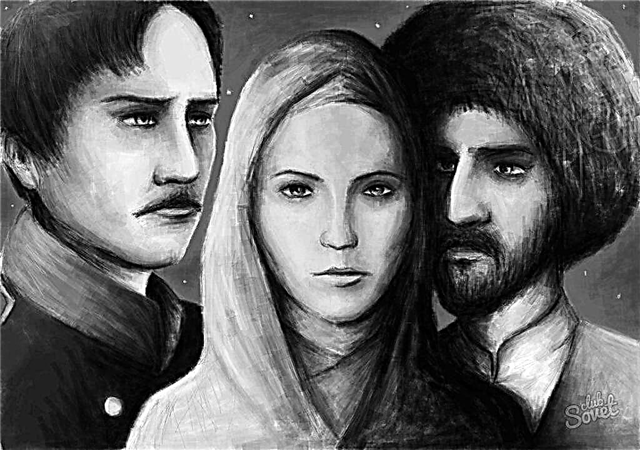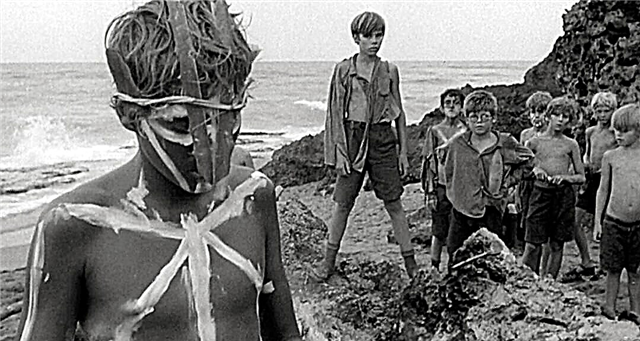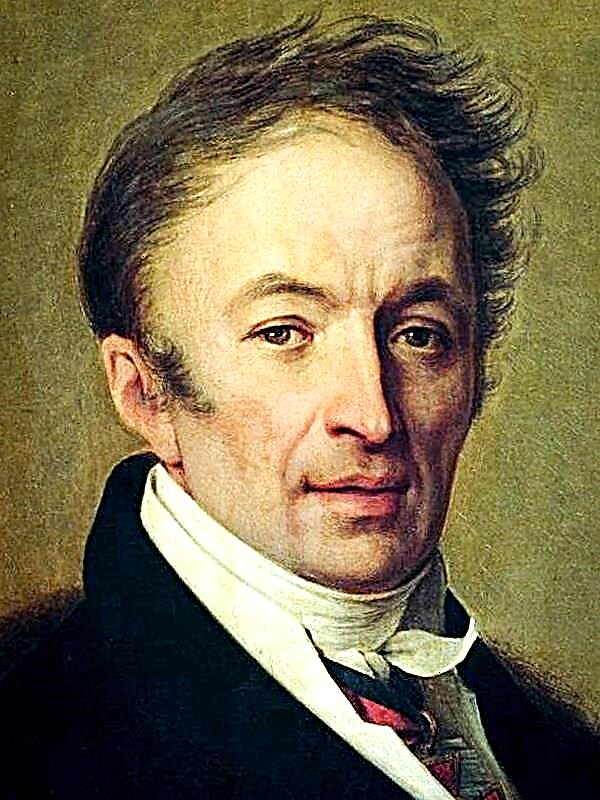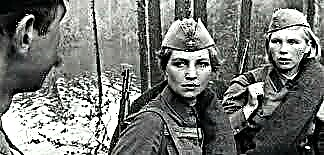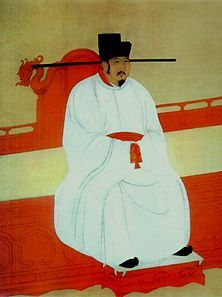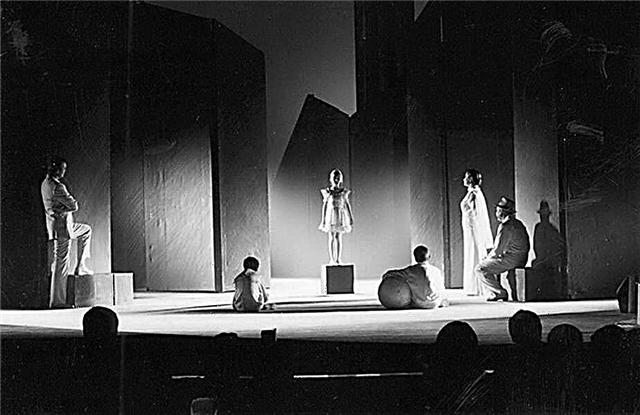According to the laws of the rogue genre, the novel begins with a description of the hero’s childhood. Pablos's parents - a witch-mother, a thief-father - constantly argue about whose profession is better. “Theft, son, is not a simple craft, but a fine art,” assures the father. But since childhood, the boy has cherished noble dreams, rejects the parents' suggestions to master their "art" and only thanks to his perseverance he goes to study. At school, Pablos meets don Diego Coronel, the son of noble hidalgo, he sincerely loves his new friend and is happy to teach him various games. But the stay of our hero in school was short, as the following happened to him. During the carnival, the skinny nag, on which Pablos sat, grabbed a head of cabbage from a vegetable tray and swallowed it immediately. The merchants screamed, began to shower Pablos and his school friends with rutabaga, eggplant and other vegetables; schoolchildren, not bewildered, stocked up with stones, and a real battle began. The servants of justice interrupted the battle, but still not without loss. Don Diego had a pierced head, and his parents decided not to let his son go to school anymore. Pablos's parents were also furious, blaming everything for their careless son. Pablos decides to leave his father’s house, drop out of school and stay with don Diego as a servant. The boys are sent to a boarding school, but it soon becomes clear that the licensee Cabra, who is raising noble children, starves the pupils because of greed. The only way out for the children is to steal, and Pablos becomes a professional in the thieves' business, realizing that this is his calling. When one of the students dies of hunger, don Diego's father takes his son and Pablos from the boarding school and sends them to the University of Alcalá, where Don Diego must study grammar.
Pablos soon becomes a famous “hero” thanks to his cunning and resourcefulness, while his master remains, living among the rogue students, very intrigued by various intrigues and leprosy, a pious and honest young man. With Pablos, there are many funny stories. So, once he promised Don Diego and all his friends to steal swords from a night watch. He carried out this as follows: having told the watch a story about six non-existent murderers and robbers who are allegedly currently in a brothel, he asks the law enforcement officers to act according to his instructions. Pablos explains to them that the criminals are armed and, as soon as they see the swords that are only with the guards, they will start shooting, so the patrol should leave the swords in the grass in the meadow near the house. Naturally, it was not difficult to take possession of the weapon. Finding the loss, the sentinels went around all the yards, peering into their faces, and finally they reached the house of Pablos, who, in order not to be recognized, pretended to be a dead man, putting one of his comrades instead of the confessor. The unfortunate guard retired in complete despair, not detecting any signs of theft. In Alcalá, they were surprised for a long time at this trick of Pablos, although they had already heard that he imposed a tribute to all the surrounding gardens and vineyards, and turned the city market into a place "so unsafe for merchants, as if it were a dense forest." All these “exploits” gained the glory of our most dexterous and crafty rogue to our hero. Moreover, many caballeros sought to lure Pablos to his service, but he remained faithful to Don Diego. Nevertheless, fate was pleased to separate the master from the servant.
Don Pablos receives a letter from his executioner uncle, who reports the sad news.His father was hanged for theft, and his uncle, who was carrying out the sentence, was proud of his relative, since he "hung so sedately that it was impossible to demand the best." Mother was sentenced by the Inquisition to four hundred deadly lashes for witchcraft. Uncle asks Pablos to come for an inheritance of 400 ducats and advises him to think about the executioner profession, since with his knowledge of Latin and rhetoric he will be unsurpassed in this art. Don Diego was saddened by the separation, Pablos lamented even more, but when he parted with his master, he said: “I became a friend, señor ... I aim higher, for if my father fell into a frontal place, then I want to try to jump above my forehead.”
The next day, Pablos goes to Segovia to his uncle and receives the money that his relative has not yet had time to drink. Uncle conducts stupid conversations, constantly applying himself to the bottle, and his nephew decides to flee from his house as soon as possible.
The next morning, Pablos hires a donkey from the drover and begins the long-awaited journey to the capital, Madrid, as he is sure that he can live there thanks to his resourcefulness and dexterity. An unexpected acquaintance is made on the road. Don Toribio, a poor hidalgo who lost his father's property due to the fact that it was not redeemed on time, devotes Pablos to the laws of metropolitan life. Don Toribio is one of the members of a gang of an amazing kind of fraudster: their whole life is a deception aimed at being mistaken for who they really are. So, at night they collect lamb and bird bones, fruit peels, old wine furs on the streets and scatter it all in their rooms. If someone comes on a visit in the morning, the prepared phrase is immediately pronounced: “Sorry for the mess, your grace, there was a dinner party, and these servants ...”, although, of course, there are no servants at all. A fooled visitor takes all this trash for the remnants of a dinner party and believes that he has wealthy hidalgo in front of him. Each morning begins with a careful study of their own clothes, as it is not so easy to blow dust into people's eyes: trousers wear out very quickly, so different ways to sit and stand against the light are invented, each thing has its own long history, and, for example, a jacket can to be the granddaughter of the cape and the great-granddaughter of a large cloak - tricks have no number. There are also a million ways to dine in someone else's house. Suppose, after talking with someone for two minutes, the rogues find out where the stranger lives, and go there as if visiting, but certainly at lunchtime, while never refusing the invitation to join the meal. These young people cannot afford to fall in love disinterestedly, and this happens only out of necessity. They drag around for innkeepers - for lunch, for the mistress of the house - for the premises, in a word, the nobleman of their injury, if he knows how to dodge, - "he owns a king, even though he owns little." Pablos is delighted with such an extraordinary mode of existence and announces to Don Toribio his decision to join their brotherhood. Upon arrival in Madrid, Pablos lives with one of Don Toribib's friends, to whom he is hired as a servant. There is a paradoxical situation: firstly, the rogue feeds his master, and secondly, the rogue does not leave the poor hidalgo. This confirms the true kindness of Pablos, and he arouses our sympathy, although we understand that, in fact, there is nothing to admire. Pablos spends a month in the company of knights of easy gain, studying all their thieves' tricks. But once, having fallen for the sale of stolen dress, the whole "fraudulent college" goes to jail. But Pablos has an advantage - he is new to this company, therefore, having given a bribe, he is released. Meanwhile, all the other members of the gang are being expelled from Madrid for six years.
Pablos settles in a hotel and begins to care for his master's daughter, introducing himself as Senior Don Ramiro de Guzmán.One fine day, Pablos, wrapped in a cloak and changing his voice, depicts the manager Don Ramiro and asks the girl to inform the lord about his future large incomes. This incident completely struck a girl who dreams of a rich husband, and she agrees to the night date offered by Pablos. But when our hero climbed onto the roof to enter the room through the window, he slipped, flew and "crashed onto the roof of the neighboring house with such force that it killed the entire tile." The whole house and servants woke up from the noise, mistaking Pablos for a thief, and they beat him with sticks in front of the lady's heart. Thus, having become the subject of ridicule and insult, the rogue, without paying for food and accommodation, escapes from the hotel.
Now Pablos introduces himself as Don Felipe Tristan and, relying on his enterprise and continuing to pose as a rich groom, tries to meet a noble lady. Soon the bride was found, but, to the trouble of Pablos, Don Diego Coronel turns out to be her cousin, who recognizes his former servant in Don Felipe Tristan and orders his current servants to pay off the vile deceiver and rogue properly. As a result, Pablos's face is cut with a sword, he is all wounded and groans from pain. This unexpected reprisal unsettled him, and for a while Pablos was doomed to forced inaction. Then some poor man taught him the necessary plaintive tone and lamentations of the beggar, and our hero roams the streets for a week, asking for alms. Soon, however, his fate changed dramatically again. One of the greatest fraudsters, "whom the Lord God has ever created," invites him to work for a couple, revealing his greatest secret in the highest art of poverty. On the day they steal three or four children, and then for a large fee they themselves return them to their grateful parents. Having made good money on this, Pablos leaves the capital and heads to Toledo, a city where he knows no one and no one knows about him.
At the inn, our hero meets a troupe of wandering comedians who also make their way to Toledo. He is accepted into the troupe, he turns out to be a born actor and enthusiastically plays on stage. Soon he becomes famous and is already engaged in composing comedies, thinking about becoming the director of the troupe. But all his plans collapse in an instant. The director, having not paid any debt, goes to jail, the troupe breaks up, and everyone goes his own way. His fellow actors offer him work in other troupes, but Pablos refuses, because he temporarily does not need money, has cooled down to work and just wants to have fun. For some time he attends divine services at a convent and falls in love with one of the nuns. Having captured a naive girl, Pablos disappears from Toledo.
Now his path lies in Seville. Here he quickly masters the basics of cheating cards and becomes an ace among other scammers. Suddenly, in a city hotel, Pablos meets one of his companions in Alcalá named Matorral, a professional killer. Having once accidentally fell into a bloody battle with a night watch, Pablos, together with him, is forced to hide from justice.
To find out if his lot will improve with a change of place and the mainland, Pablos moves to the West Indies. “However, all this turned out to be worse, for he who never changes his place and does not change his lifestyle and his habits will never correct his fate.”

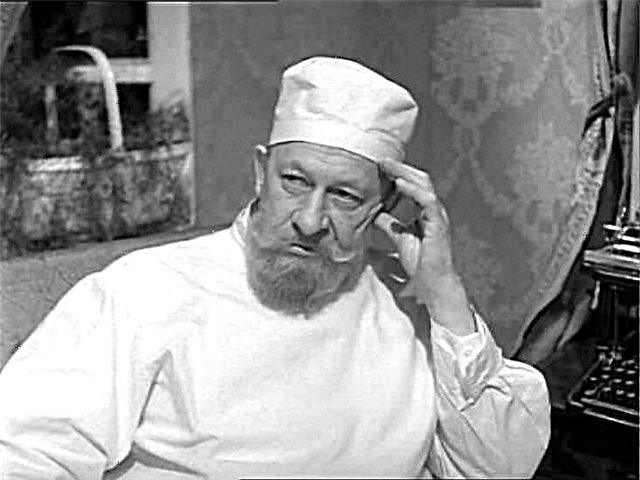
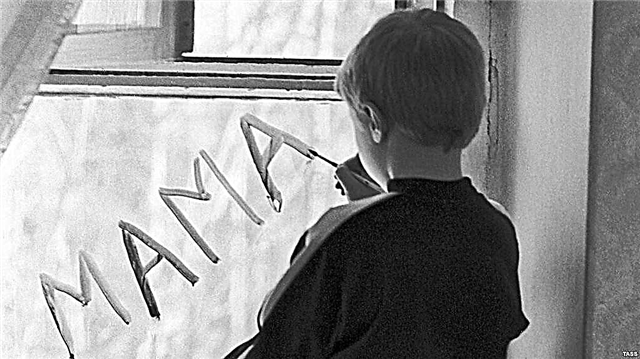
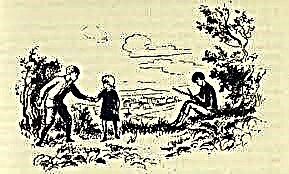
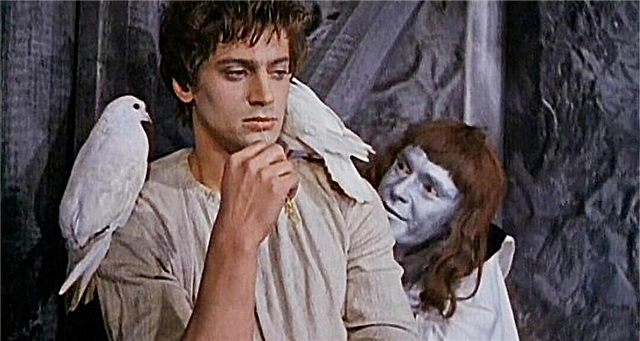 City of masters
City of masters